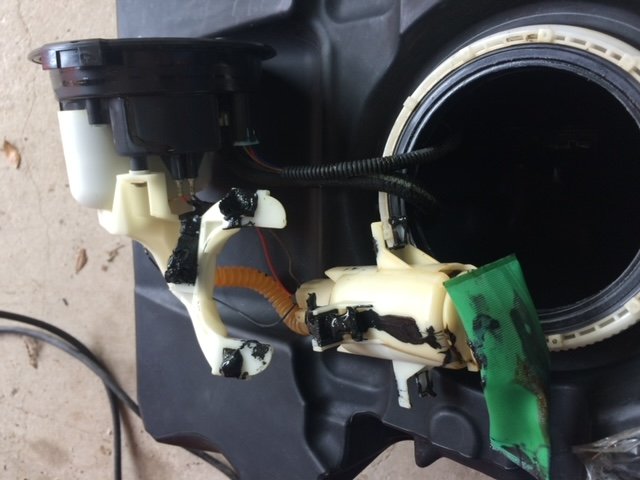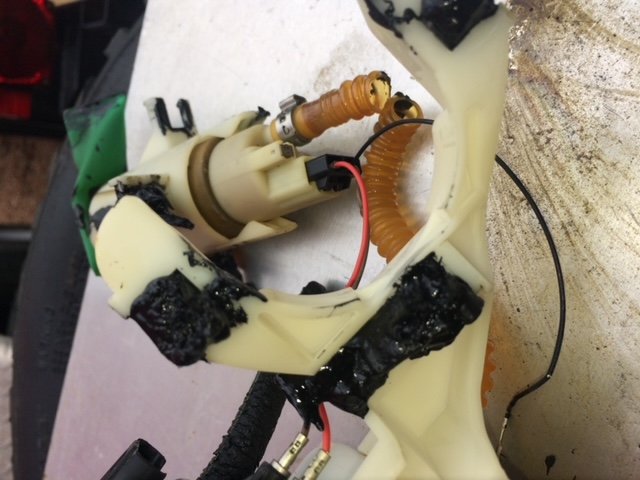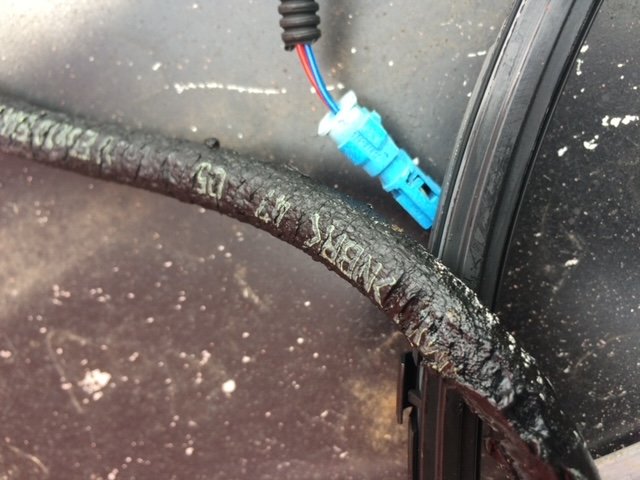gregfeeler
Dances With Sheep
Just keep in mind that an additive to gasoline is required to provide high octane.
Today that additive is ethanol.
Tetraethyl lead and MTBE are illegal.
What else is there? Asking because I don't know ... but I'm skeptical whenever I see high octane no ethanol fuel advertised.
This is confusing to me. Regular (89 octane) has 10% ethanol and so does 90+ Premium. Yet, I can buy non-ethanol Premium. How does that work?




